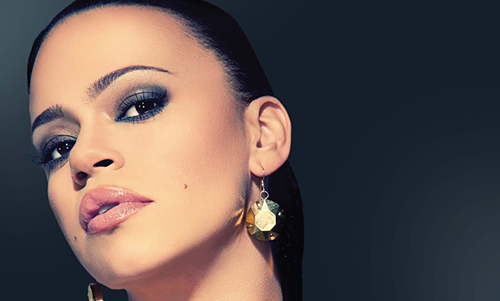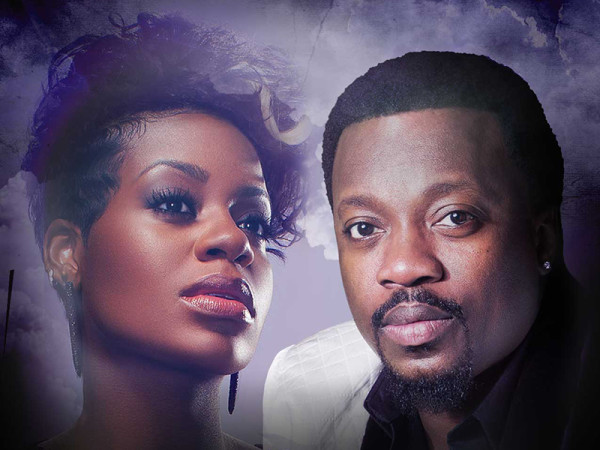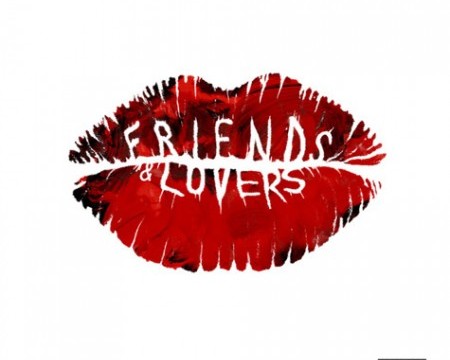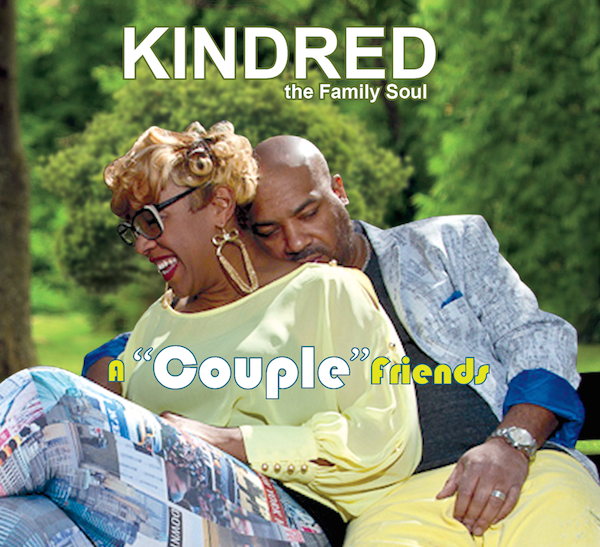
*Low-key, serious and humble is how I’d describe Chamillionaire in our 2007 meeting and interview: he was mad cool and I wish that every hip-hopper was as chilled-out and accessible as he is. Our published Q&A is below, enjoy!*
CHAM News commentator Bob O’Wildy sits at an anchor desk as ominous headlines crawl across the TV screen, naming rappers as culprits involved in crimes and mayhem across the nation. “Hip-hop is officially dead,” a gleeful O’Wildy (a parody of commentator Bill O’Reilly) says before adding, “And in our leading story, Paris’ hangnail.”
The scene is one of many featured in Houston rapper Chamillionaire’s latest video, “Hip-Hop Police.” The tune is also the first single from Ultimate Victory, which was released last week. The message-laden single is an admitted career risk for the 27-year-old Chamillionaire (also known as Hakeem Seriki). While many artists are pandering to simple hooks and concepts, his sophomore set expounds on loftier ideals that are delivered profanity-free.
The Grammy-winning rapper, who became the first artist ever to sell more than 3 million ring tones (for his smash single “Ridin’ “), recently sat down at a Dallas hotel to talk about the new release.
Congratulations on the Grammy and the parody with Weird Al (“White and Nerdy”). How have those honors impacted your credibility in the rap game?
The Grammy was real big for me. That demonstrated a level of respect, and it changed how people see me. And as for Weird Al – to see somebody at his level of success, after doing parodies for people like Michael Jackson and Nirvana, want to do a Cham song … man, that was just crazy.
What did you want to accomplish with the “Hip-Hop Police-Evening News” video? It just so happened that a lot of the common events that are going on today were what I wanted to make a video about, so that came out really good. I played the cop, myself, the newscaster, the weatherman, the detective … I was getting my acting on. Originally, I didn’t want to be the white guy because I was worried about whether it would look corny or not, and the director said, “Just trust me.” I’m glad I did. It took me about five hours to get into the prosthetics and stuff, so I understand all of the work that Eddie Murphy and other actors have to go through.
Tell me about Ultimate Victory. What differences are there between this one and your first major-label release, The Sound of Revenge?
The difference between Sound and Ultimate is definitely the control thing; I’m the executive producer and the A&R, and that just basically means I’m doing me on this album. There’s not a lot of outside forces telling me to go in a different direction, and as far as the beats and the artists I used, I paid for everything out of my own pocket.
As far as the concept, I made the whole CD have a message like a motion picture, from beginning to end, so if you listen to it that way, you get the whole moral perspective. I’ve got Lil’ Wayne, Cray Bone, Pimp C Bun B. … There were some people that said, “Well, why don’t you just put Akon and T-Pain on this one?” But that’s using the same formula as everybody else, and I don’t want to hear that. I even got tired of rap for a while, and if I’m in rap feeling that way, it’s pretty bad.
That’s why I wanted Slick Rick; no one had recently worked with him, and he was such a breath of fresh air.
What’s the message behind “Hip-Hop Police”?
I look at hip-hop like a child that never had parents there to help raise it, but now the parents are trying to step back in and tell the kid what to do, but now the kid is rebellious. It’s not about police officers per se, it’s about people who police the music.
We do make it easy for the censors sometimes. Rappers make mistakes and give them things to point at and say, “See, I told you …” At the end of the day, though, it’s all about moral issues. There are different ones inside each person, and that’s the deeper problem. You can’t snatch the leaves off of a tree and expect [it] not to grow anymore; you gotta go to the seed of the problem, that’s what everybody tries to avoid.
Earlier this year, Paul Wall said he looked forward to the chance of collaborating with you again. Do you see that happening in the near future?
I think sometimes people focus on the past too much. I understand why they may want me to go back to that, but I grew into a different person, and if we get back together in the studio, they’ll be expecting the exact same music.
Fans say they want the Fugees or Wu-Tang to get back together – just pick a group. But when they do reunite, the fans get mad and think, “What the heck?” because that’s not the sound that they’re used to. I just tell fans to be happy with what’s been done; the music is still there and you can still get the old mixtapes and CDs we made. Me and Paul have already gotten past that personal stuff, but musically, I’m thinking a different way and I’m not sure that we’re on the same wavelength when it comes to that.
Who does it for you in hip-hop these days?
I listen to UGK … I like Jay-Z and Lil’ Wayne, especially the way he’s grown as an artist over the years. Beyond that, I’m listening to R&B more, the old-school stuff, and some rock just to switch it up since I make a living in rap and I’m around it every day.




